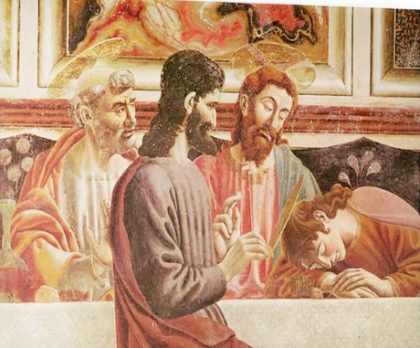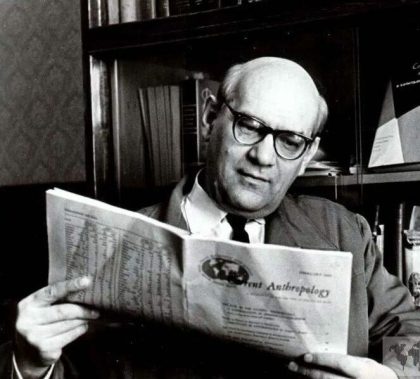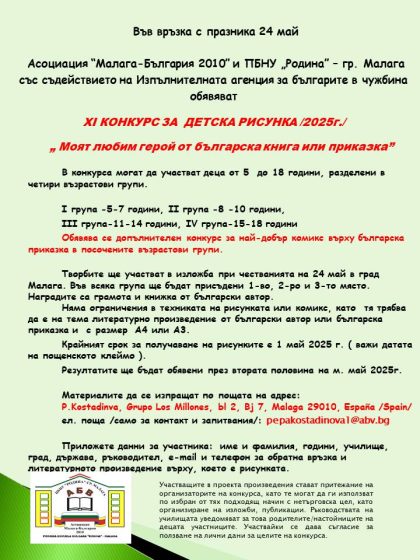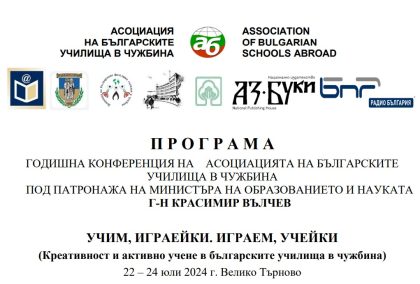OPEN LETTER – PETITION
.
TO THE ATTENTION OF
Mr Rosen Plevneliev,
President of the Republic of Bulgaria
Mr Mihail Mikov, Chairman of the 42th National Assembly
Mr Plamen Oresharski, Prime Minister
Mr Kristian Vigenin, Minister of Foreign Affairs
Academician Stefan Vodenicharov,
President of the Bulgarian Academy of Sciences
COPY: EU Representation in Bulgaria
.
RE: Use of the term ‘Shoppe language’ by officials of the Republic of Serbia
.
Gentlemen,
News agencies have just reported* the completed visit of Mr Plamen Oresharski, Prime Minister of the Republic of Bulgaria to the Republic of Serbia.
Broadcast material shows that Mr Ivica Dacic, Prime Minister of the Republic of Serbia at least twice uses the term Shoppe language [Shopski ezik], for example, when he ‘joked’ that with Mr Oresharski they understood each other in the Shoppe language, or in the quote : ‘In my country [South Serbia] no one knows his mother tongue – whether it is Bulgarian, Serbian or Shoppe’, Standard newspaper , February 19, 2014. It is not known whether the Bulgarian delegation gave an adequate response.
It is clear to the experts and analysts of the Serbian- Bulgarian relations that this act is not accidental, but is rather an expression of the long-standing Comintern and chauvinistic attitudes of Serbian political and a part of the ‘academic’ elites.
Facts evidence that for at least two decades, the Serbian state has encouraged the attempts to impose in the minds of the international community the existence of some ‘Shoppe minority’ on both sides of our common border, ‘neither Bulgarian nor Serbian’. It is also known that the idea of the existence of a ‘Torlak minority’ in both countries is actively promoted. It concerns the population at the western border, from the town of Godech, through Chiprovtsi up to Vidin.
Serbian political elite, regardless of its party colouration, is inspired by the successful experience in the past to create a ‘Macedonian nation’ on anti-Bulgarian basis, supported by the Comintern.
We would like to encourage Serbia to deal with its own minority issues in Kosovo, Bosnia and Herzegovina, in Croatia and Vojvodina; to stop exporting ‘Serbian revolution’ in the neighbouring countries. Good neighbourhood relations in the 21st century should be understood in a different way.
We take the opportunity to invite the Bulgarian political class to keep awake its historical memory and heightened sensitivity on the unity of the Bulgarian nation. Not all neighbours of Bulgaria are fully mature to the humane principles of the European Union.
In connection with the above, we would like to recommend:
The Ministry of Foreign Affairs of the Republic of Bulgaria to issue a protest note to the Republic of Serbia.
28.02.2014
Application: Subscription
–––––––––––
* Editor’s Note – Тhe letter was written on February 28, 2014.
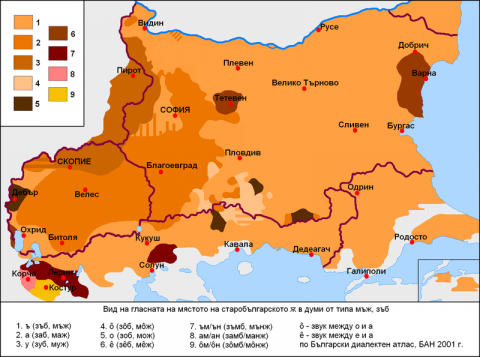
––––––––––––––––––––––––––
.
SUBSCRIPTION AGAINST THE USE OF THE TERM ‘SHOPPE LANGUAGE’
by officials of the Republic of Serbia
.
• Prof Plamen Pavlov, Veliko Tarnovo University of St St Cyril and Methodius
• Prof Ilia Todev, Director of the Institute for Historical Studies, Bulgarian Academy of Sciences
• Assoc Prof Dimitar Yonchev
• Prof Stoyan Mihaylov, PhD, Corresponding member
• Academician Georgi Markov, Institute of Historical Studies, Bulgarian Academy of Sciences
• Arch. Elko Hazan, Co-Chairman of the Bulgarians and Jews Friends Club
• Dr Elena Alekova
• Petko Kolev, Chairman of TANGRA TanNakRa All-Bulgarian Foundation
• Dimitar M. Dimitrov, Co-chairman of TANGRA TanNakRa All-Bulgarian Foundation
• Assoc Prof Maria Stambolieva, New Bulgarian University
• Dr Emil Kalo, Former Chairman of the Shalom Organization of Jews in Bulgaria
• Prof Hristo Matanov, Sofia University of St Kliment Ohridski
• Prof Evgeniy Sachev, University of Library Studies and Information Technologies
• Prof Plamen Mitev, Dean of the Faculty of History, Sofia University of St Kliment Ohridski
• Prof Orlin Zagorov
• Prof Nikola Durchev
• Assoc Prof Ruzha Neykova, Institute of Ethnology and Folklore Studies with Ethnographic Museum, Bulgarian Academy of Sciences
.
